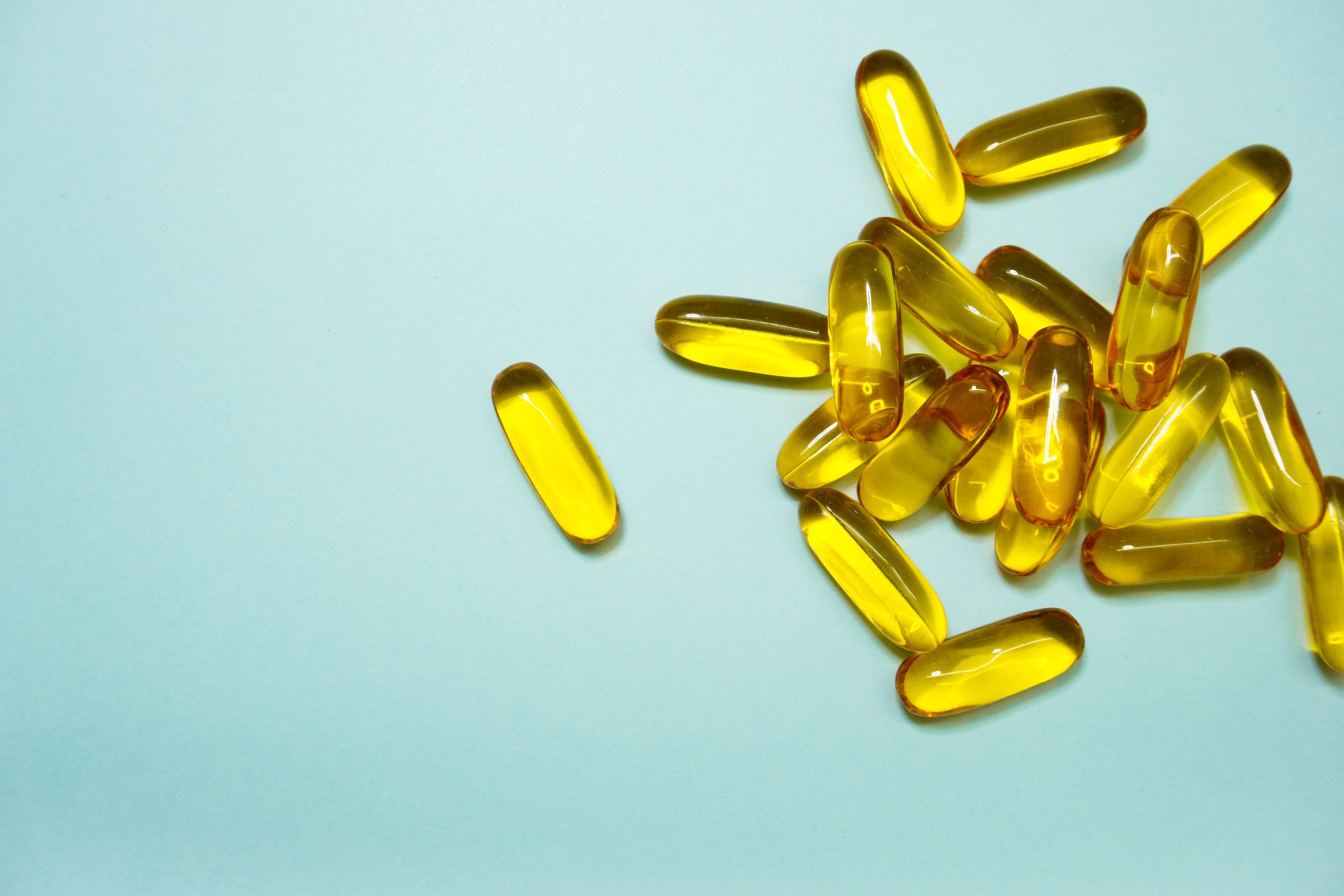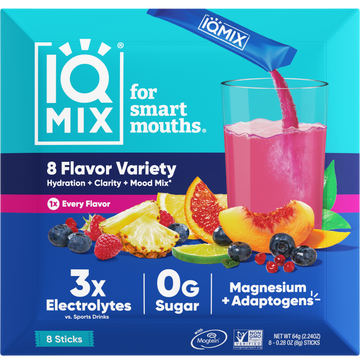Are you tired of feeling sluggish and dehydrated during your intermittent fasting periods? You’re not alone! Many people overlook the importance of consuming electrolytes while fasting. But truth be told, electrolytes are like the MVP of your fasting game—they’re essential for maintaining optimal hydration and keeping your body running smoothly.
In this article, we’ll explore why electrolytes are crucial for fasting and which specific electrolytes you should focus on consuming to support your body during a fasting period. So grab a glass of electrolyte water, and let’s dive in!
What Is Fasting and Why Do People Do It?
Fasting is a practice in which a person restricts calories for a period of time. The most common type of fasting is intermittent fasting, in which a person eats all of their calories for the day within a certain time window. For example, with the 16/8 method, a person eats all of their calories for a day in an eight-hour window and fasts for the other 16 hours.
Fasting is an ancient practice that has been used by humans for thousands of years out of necessity (think cavemen), but many modern humans are jumping on the intermittent fasting bandwagon for its potential health benefits, including: [*][*][*][*][*][*][*]
- Weight loss
- Improve heart health
- Improve brain health
- Improve insulin sensitivity
- Reduce inflammation
- Remove and replace damaged cell components (autophagy)
What Are Electrolytes and Why Are They Important for Fasting?
Electrolytes are essential minerals that produce an electric charge when consumed. Electrolytes found in your body include:
The electric charges produced by electrolytes play key roles in many critical bodily functions, including nerve and muscle function, balancing the body’s pH levels, and maintaining fluid balance, just to name a few.
Electrolytes are primarily obtained through the foods you eat, but when you’re fasting, you stop consuming food, so you don’t get the electrolytes you need.
Additionally, during a fasting period, the body releases more fluids and electrolytes through urine than usual—a process known as natural diuresis.[*] This process occurs as the body switches from using glucose for energy to using stored fat.
As soon as your body starts running low on electrolytes, you’ll begin to experience symptoms of electrolyte deficiency, including:[*]
- Headaches
- Fatigue
- Irregular heartbeat
- Muscle cramps
- Nausea
- Dizziness
How to Prevent Electrolyte Deficiency During Fasting
During a fast, a person avoids all food and only consumes beverages or supplements that contain zero sugar and no (or a minuscule amount of) calories.
Many fasters will consume lots of plain water, thinking this is the best approach to support their bodies during a fast. But consuming too much plain water can actually lead to even more severe symptoms of electrolyte imbalance. This is because the more plain water you drink, the more you dilute essential minerals like sodium in your blood.
The solution is to drink water that’s enhanced with salt (sea salt or Himalayan pink salt are best), or better yet, a sugar-free electrolyte supplement like IQMIX. A sugar-free electrolyte supplement that’s extremely low in calories will provide the electrolytes your body and brain need—without breaking your fast. As a rule of thumb, most fasting experts suggest consuming no more than 50 calories during the fasting period to maintain the fasted state.
What to Look for in an Electrolyte Supplement
Besides having zero sugar and very low calories (we’re talking 15 or fewer calories per dose), what else should you look for in an electrolyte supplement? It’s important that it contains a few key electrolytes, including:
#1: Sodium
Sodium is an essential electrolyte that helps regulate the balance of fluids in the body and maintain proper hydration. It also plays a role in nerve and muscle function.
During fasting, the body loses sodium through urination and sweating, which can lead to an imbalance of fluids. If you’re running low on this mineral, it’s common to experience symptoms like headaches, fatigue, and muscle spasms.
#2: Potassium
Potassium works closely with sodium to maintain proper hydration, blood pressure, nerve function, and muscle function.
If your potassium tank is running low, it’s common to experience muscle cramps, weakness, and fatigue.
#3: Magnesium
Magnesium is a crucial electrolyte that’s needed for more than 300 biochemical reactions in the body. Everything from nerve function to immune function to heart health depends on this mineral. It also plays a role in regulating the body’s hydration levels.
If you’re experiencing symptoms like muscle twitches, muscle cramps, and fatigue, you could be low in magnesium.
Support Your Fast with IQMIX
IQMIX is a sugar-free electrolyte supplement that makes for the perfect fasting companion. It’s very low carb and low calorie, containing only 3 grams of carbohydrates and 10 calories per packet.
Each packet provides the following body-and-brain ingredients:
- 500 mg sodium
- 450 mg potassium
- 750 mg Magtein®, a clinically studied form of magnesium (magnesium L-threonate) that supports cognition and mood
- 250 mg of super-concentrated lion’s mane mushroom, which supports brain health and function[*]
IQMIX is available in delicious flavors, including Peach Mango, Lemon Lime, Blueberry Pomegranate, and Blood Orange, and is lightly sweetened with stevia. Having something flavorful and energizing can go a long way during long stretches without food. If you’re unsure what flavors to pick, try our 8-Stick Sampler.
Simply mix a packet of IQMIX into water to make an instant electrolyte drink to enjoy during your fasting periods. It’s also helpful for keto dieters, as it won’t kick you out of ketosis!
A Final Word on Electrolytes for Fasting
By consuming adequate water with electrolytes during your fast, you can help to ensure that your body is properly nourished and able to handle the demands of fasting. You’ll be amazed at how much easier and more pleasant fasting becomes when your body isn’t low on electrolytes.
It’s also important to note that everyone’s nutritional needs are different, so it’s always best to consult with a healthcare professional before making any significant changes to your eating patterns.




